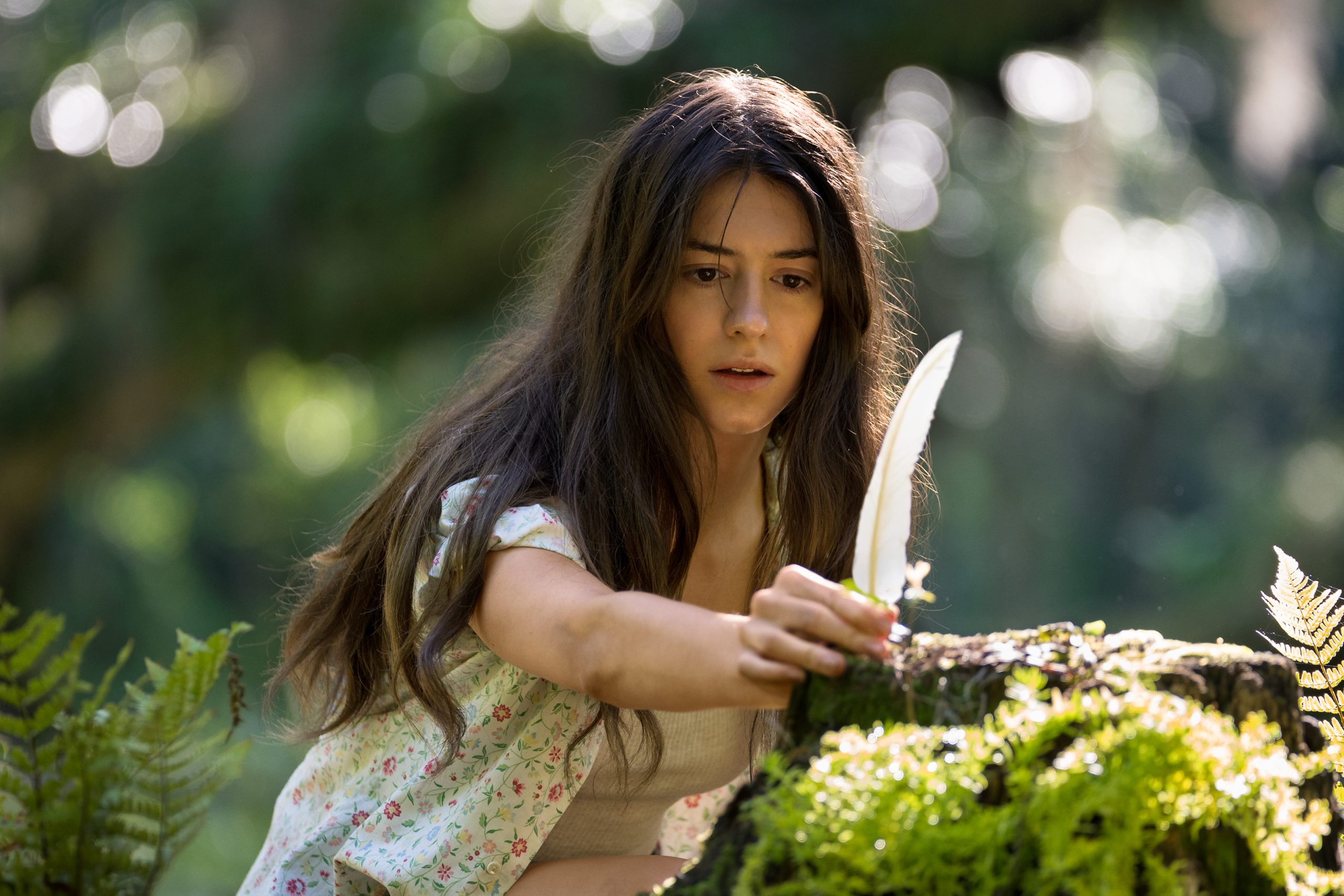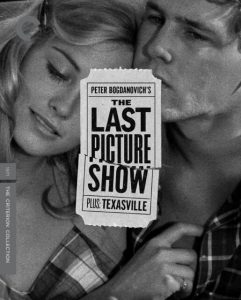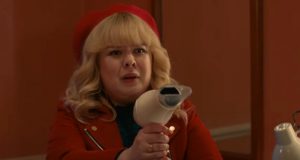
Where the Crawdads Sing (2022)
Secrets are buried just beneath the surface.
One thing I think is true of criticism is that you have to approach any given genre fairly. You’re not the person to review horror movies if you hate horror movies because you’re not going to appreciate how the genre trappings are deployed if you actively hate them. I’m not talking about having genre preferences — that’s fine, we’ve all got ‘em. But you should probably not engage, professionally at least, with a genre you have derision for or see no value in. It’s a rule of thumb, of course — head too far down that path, and you get to the fan/hater dichotomy and studio tribalism and all sorts of nonsense. But it’s worth keeping in mind.
Today’s genre is romance, specifically romantic drama, and even more specifically literary romantic drama, as typified by author Nicholas Sparks and his several big screen adaptations. That’s a type of film that takes a fair amount of stick from (mostly male, mostly straight) critics, of which I am one (mostly). But here’s the thing: I have a soft spot for a weepie. I cry in The Notebook (2004) — and I find it a bit weird if you don’t, tbh. Strip me down to my base elements and you’ll find that what appeals to me most about cinema is emotion — put the hook in me and play fair, and I’ll follow pretty much any path to catharsis you care to chart. That’s also why I don’t have much time for movies that cheat or fudge or are disingenuous and I tend to go harder on them — if I’m not feeling it, I don’t care to be watching it, and that goes double when the film expects a big emotional response but hasn’t put in the hard yards to earn it (see my reviews of the year’s weakest colons, Top Gun: Maverick and Thor: Love and Thunder, for examples).
 100vw, 616px” /></a><figcaption id=) ‘Is she a scientist or a witch?’
‘Is she a scientist or a witch?’Anyway, to the film.
Split between two time periods, the early 1950s and the mid-1960s, Crawdads tells the tale of Catherine “Kya” Clark (Daisy Edgar-Jones, such a screen natural that this may be the breakout role it was meant to be in spite of *waves hand at everything*). In the ‘50s scenes, we see her progression through childhood: the daughter of a PTSD-ridden alcoholic veteran (Garret Dillahunt, wasted) and a mother (Ahna O’Reilly) who skips out after one drunken beating too many. As her elder siblings also hit the bricks in ones and twos, Kya is soon left alone with Pa in the North Carolina swamp shack they call home, and if you’re pausing to wonder why nobody thought to take the little tyke with them, don’t bother, because the movie sure as hell doesn’t.
 100vw, 616px” /></a><figcaption id=) Life in the marsh …
Life in the marsh …Left to her own devices as a kid, Kya (Jojo Regina plays the younger version) learns the ways of the swamp — “where the crawdads (crayfish) sing” — and becoming a gifted and perceptive naturalist, even if she lacks formal schooling thanks to the bullying of the local townsfolk, who dub her The Marsh Girl. She develops a friendship with a local boy, Tate Walker (Luke David Blumm when young, Taylor John Smith when older), which turns to romance when ragamuffin young Kya develops into Daisy Edgar-Jones, who is not so much a Marsh Girl as an honest-to-myth dryad. After Tate goes to college, hunky Chase hoves into view with promises of marriage when the time is right. He turns out to have a fiancée, then he turns up dead, and you can sketch this out pretty quickly and accurately with no further info.
None of it lands.
 100vw, 616px” /></a><figcaption id=) People fear wild things.
People fear wild things.But what does matter is that the romantic entanglements are all but chemistry-free, and it’s worth noting that Edgar-Jones had a brighter spark with Sebastian Stan in Fresh (2022) than with either of her weirdly interchangeable paramours here, and Stan was playing a guy who literally wanted to eat her. The dynamics in play here are passionless and weirdly sexless. You may wonder how that can be in a film that includes even rather chaste sex, and the trick appears to be not bothering to hide the fact that the participants keep their underwear on the whole time (I’m still scratching my head over that one, which goes further than even the rising streak of puritanism in American culture).
 100vw, 616px” /></a><figcaption id=) Just because you’re different, doesn’t mean you’re guilty.
Just because you’re different, doesn’t mean you’re guilty.It’s a shame. Where the Crawdads Sing is clearly meant to be a breakout vehicle for Daisy Edgar-Jones and her soulful, wistful performance is good enough that it might still be; her work here is a real gem in a paste setting. I can’t in good conscience recommend checking this one out solely because of that, but if and when it comes time to apportion blame for this trainwreck, let’s at least make sure she gets none. As for everyone else involved? Well, as I said earlier, maybe they just can’t all be winners.
1 / 5 – Don’t Waste Your Time
Reviewed by Travis Johnson
Where the Crawdads Sing is released through Sony Pictures Australia


